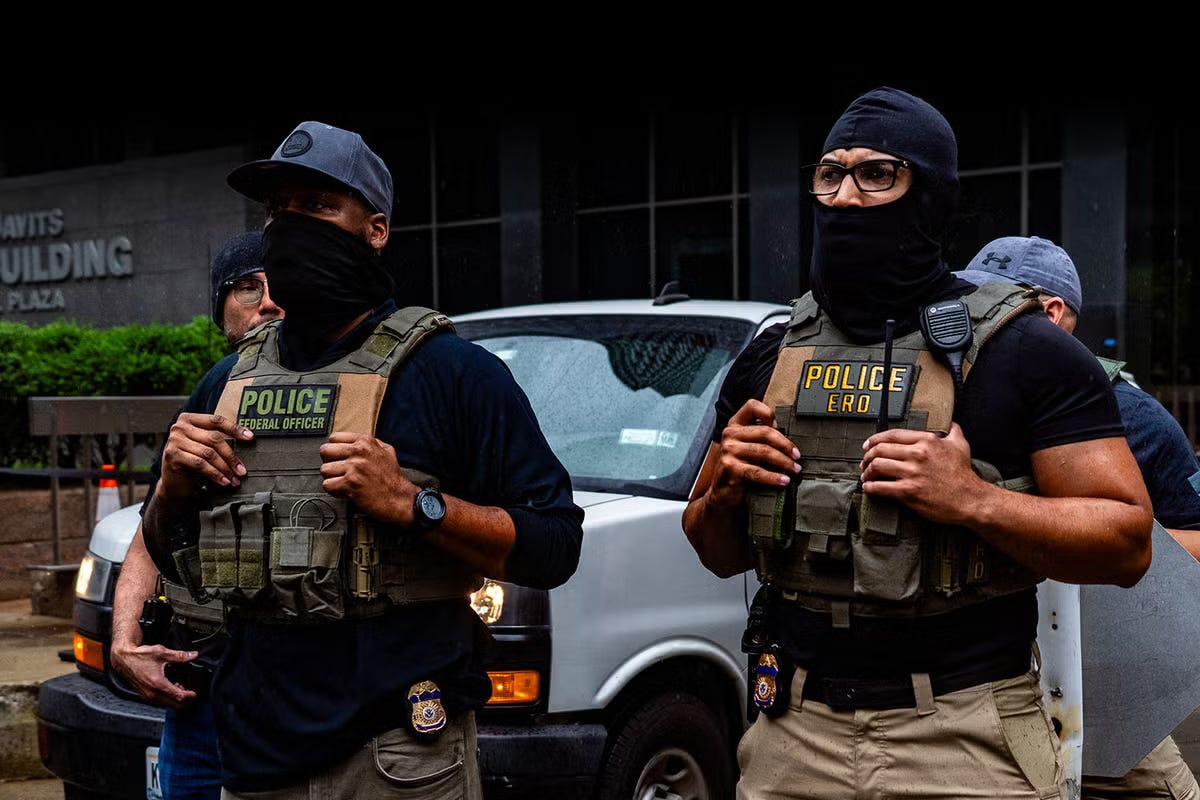Unmasking the Feds: New Law Sparks Debate!
Legal experts suggest that the enforceability of state-level mask bans on federal agents remains uncertain.
In a bold move to increase transparency in immigration enforcement, U.S. Senator Ron Wyden (D-Oregon) has introduced the VISIBLE Act of 2025.
The new legislation aims to prohibit Immigration and Customs Enforcement (ICE) agents and other Department of Homeland Security (DHS) personnel from concealing their identities while operating in public spaces.
The…




